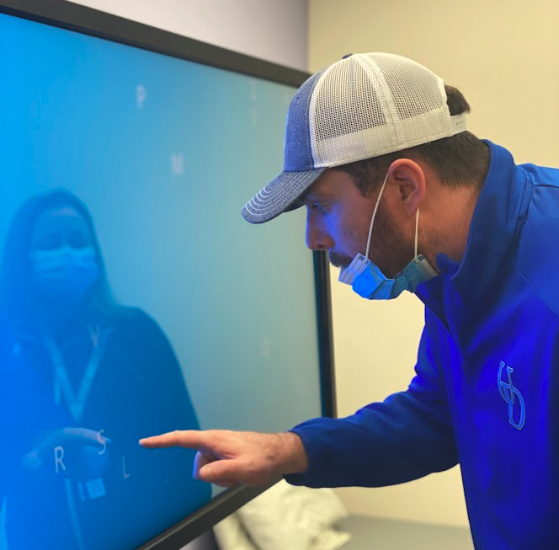Multiple Sclerosis
Home » Conditions Treated » Multiple Sclerosis
Overview
Multiple Sclerosis (MS) is an autoimmune disorder in which the immune system attacks cells in parts of the central nervous system – particularly the brain and spine – causing them to work less efficiently, or not at all. There are four main types:
- Relapse-Remitting MS, in which a person has “attacks” or relapses of symptoms, followed by periods of remission or complete recovery of symptoms.
- Secondary Progressive. Most individuals with this type initially had Relapse- Remitting which progressed to include neurologic decline between attacks without periods of remission.
- Primary Progressive which includes continuous decline without clear attacks or remission. This subtype occurs in a minority of individuals and tends to occur with later age of onset. The last and most rare type of MS is
- Progressive Relapsing. This is the rarest type of MS. which includes continuous decline with clear acute attacks superimposed.
Overview
Multiple Sclerosis (MS) is an autoimmune disorder in which the immune system attacks cells in parts of the central nervous system – particularly the brain and spine – causing them to work less efficiently, or not at all. There are four main types:
- Relapse-Remitting MS, in which a person has “attacks” or relapses of symptoms, followed by periods of remission or complete recovery of symptoms.
- Secondary Progressive. Most individuals with this type initially had Relapse- Remitting which progressed to include neurologic decline between attacks without periods of remission.
- Primary Progressive which includes continuous decline without clear attacks or remission. This subtype occurs in a minority of individuals and tends to occur with later age of onset. The last and most rare type of MS is
- Progressive Relapsing. This is the rarest type of MS. which includes continuous decline with clear acute attacks superimposed.
Contact Us
To make a referral or schedule an appointment call 844-234-8387
Causes and Symptoms
No definitive cause has been found; however, common theories suggest that an infection may prime the immune system to have an abnormal reaction later on, or that chronic infections may lead to an abnormal reaction in the immune system. Genetics may also play a role.
MS can produce motor, sensory, and cognitive symptoms, as well as significant fatigue. Symptoms generally onset between the ages of 20 and 40.
- Motor symptoms can include weakness or numbness/tingling in parts of the body.
- Sensory symptoms can include loss of vision or blurred vision.
- Cognitive symptoms include slowed thinking speed, difficulties paying attention, reduced recent memory, word finding, and trouble with problem solving. Visuospatial skills can be affected at times too.
- Emotional symptoms can also occur.
When to See a Doctor
If you notice any of the symptoms mentioned above, such as increased fatigue, motor changes, sensory symptoms, cognitive declines, and mood changes, consult with your doctor, particularly if symptoms are unexplained.
Evaluation
An evaluation for MS is generally conducted by a neurologist and often includes a neurologic exam, blood work, and imaging of the brain and spine.
If you are experiencing cognitive difficulties, your neurologist may recommend a neuropsychological evaluation as well, to assess a person’s cognitive abilities and mood.
Physical therapy or occupational therapy evaluations may also be recommended for changes in motor or sensory functioning. Consultation with a vision specialist, such as a neuro-opthamologist, may also be recommended.
Treatment
- Physical therapy may benefit someone with motor or balance difficulties.
- Occupational therapy may help those with motor difficulties in their hands, or visual difficulties. OT can also improve a patient’s ability to continue driving or performing other daily activities such as managing finances and medications.
- Psychotherapy can help a patient manage mood-related symptoms. There are many support groups for MS in the area, as well.
- Vocational rehabilitation may be beneficial for those who are still working, to provide support and accommodations for continued success.
Bancroft NeuroRehab offers all of these therapies in one location.








